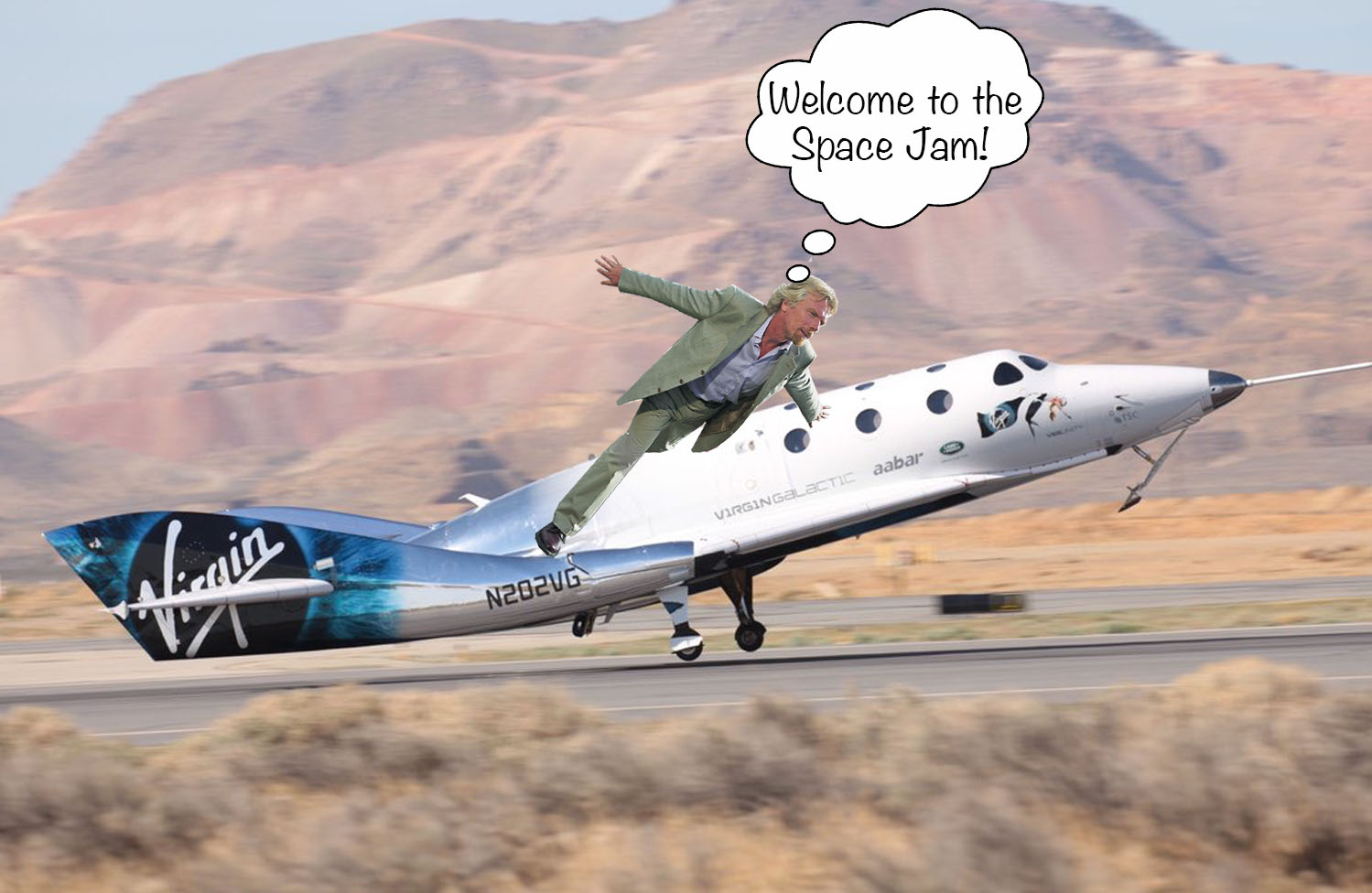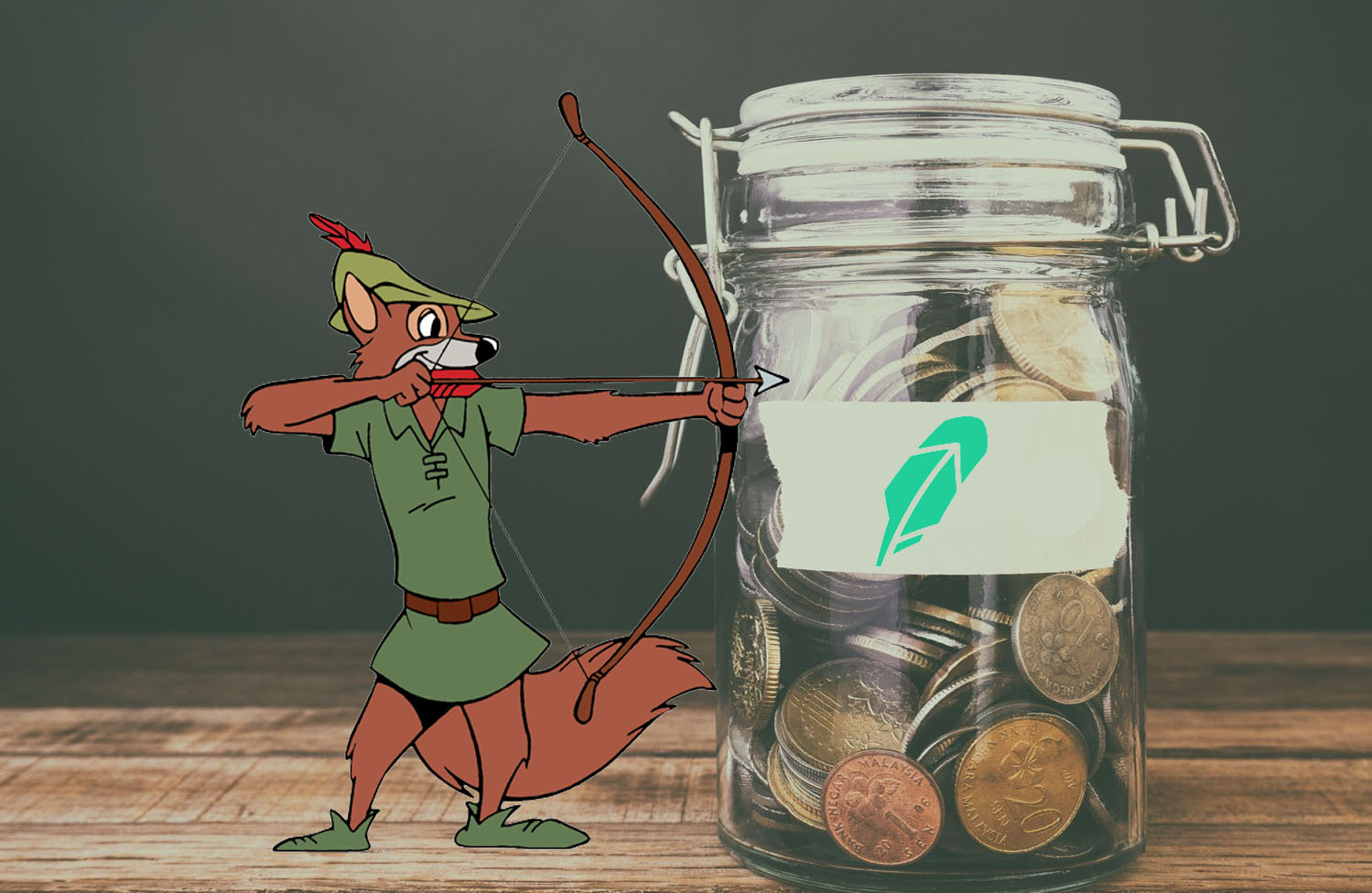“Space…the final frontier…these are the voyages of the starship Enterprise. It’s five-year mission: to explore strange new worlds, to seek out new life and new civilizations, to boldly go where no man has gone before.” For you non-science geeks out there, this quote played at the beginning of every episode of the tv series, “Star Trek,” and when it did, people across the globe, including myself, would squirm with excitement for a show that depicted life in the future. Although Star Trek was largely science fiction, its fans had an inkling that one day, space exploration for humans would be possible. Space represents our next step in human life, with possibilities as infinite as the reaches of the cosmos. Until recently, unless you trained all your life to become an astronaut for NASA, getting to space was more attainable through imagination then physically traveling there. However, if we’ve learned anything in the last decade, if you have vast amounts of expendable income, you can achieve what was previously conceived to be impossible.
Typically, when speaking on an individual with significant capital to create crazy inventions and such, we assume Elon Musk is behind the curtain, but not today, friends…not today…Richard Branson, the founder of Virgin Group, the company responsible for selling records, flying airplanes, making olive oil, and as of Thursday, sending two test pilots in their SpaceShipTwo to the edge of space.
According to reports, the aircraft took at 7:30am on Thursday morning, climbed over 52 miles of altitude and hit a top speed of Mach 2.9, or 2225.08 miles per hour for you non-aerospace plebeians. Continuing the brief aerospace lesson for a hot moment. When reports say SpaceShipTwo reached the “edge of space,” they are referring to the internationally recognized Karman line. Referencing the always faithful Wikipedia definition, the Karman line “lies at an altitude of 100km (62 miles, 330,000 ft) above Earth’s sea level and commonly represents the boundary between Earth’s atmosphere and outer space.” So, to put it nicely, the two astronauts aboard Virgin Galactic’s spacecraft didn’t quite reach space just yet.
Branson’s Virgin Galactic enterprise represents the nascent nature of the space tourism industry. It’s not that we’ve necessarily exhausted all travel accommodations here on Earth, but outer space has been virtually unattainable for non-astronauts for as long as space travel has been possible. Thursday’s test flight is the fourth in a series of tests for VSS Unity, the official name of Virgin Galactic’s spacecraft, meant to make sure that every aspect of the space-bound journey is safe for commercial missions in the future.
“Incremental flight test programs are by definition open-ended and, to a great extent, each test depends on the data from the test that precedes it. There is no guarantee that everything will work the perfectly first time and, like all programs seeking to take bold steps, we will inevitably have times when things don’t go as planned.”
–Official statement from Virgin Galactic regarding VSS Unity test flight
So, what does this mean for the future of the space tourism industry and space travel as a whole?
First of all, Virgin Galactic’s test flight indicates that we are getting extremely close to commercial missions to space. The company says about 600 people have grabbed spots in line to be the first ones to fly to space, spending anywhere from $200,000 to $250,000 per ticket. In anticipation of the industry’s stellar future, Amazon’s chief executive and eventual intergalactic commissioner of the cosmos, Jeff Bezos, founded Blue Origin nearly two decades ago to send passengers into space on an automated, vertically launched rocked. To date, Blue Origin has yet to conduct a test flight with a manned aircraft, nor sell tickets in advance of the company’s eventual space voyages.
Either way, the hopes and aspirations inspired by Star Trek’s opening monologue are no longer a fantasy. As Richard Branson and Virgin Galactic get closer to commercial space travel, fairly soon, we’ll be able to boldly go where no group of humans has gone before.





